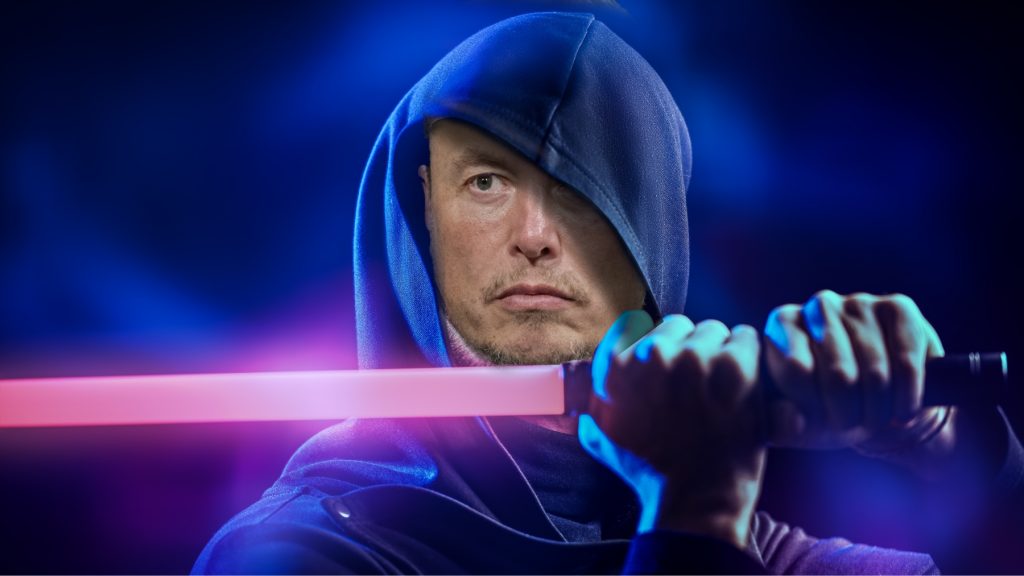
Elon Musk might get to live his Star Wars dreams as he envisions Neuralink’s brain chips merging with Tesla’s Optimus AI.
- Neuralink’s core mission is to create a generalized brain interface, restoring autonomy to those with medical needs, particularly individuals with paralysis and quadriplegia.
- Controversy arises as the Physicians Committee for Responsible Medicine (PCRM) alleges animal cruelty in Neuralink’s research on monkeys.
In a recent post on X, Elon Musk revealed his vision of merging Neuralink’s brain chips with Tesla’s Optimus AI robot technology, a concept he playfully dubbed “The Luke Skywalker Solution.”
In Star Wars lore, Luke Skywalker famously receives a lifelike robotic hand after losing his own to Darth Vader in “The Empire Strikes Back.” Musk even shared a video clip of this iconic scene.
Neuralink’s mission is to create a generalized brain interface that restores autonomy to individuals with unmet medical needs. The technology would help people with paralysis and quadriplegia to regain full-body movement.
Musk fancies Neuralink as a key player in addressing the potential risks AI to human civilization. As such, he wants to enhance the bandwidth of communication between humans and AI.
This is cool and all, but we cannot ignore the mountain of red flags and concerns this is generating. In fact, the Physicians Committee for Responsible Medicine (PCRM) has raised concerns about the treatment of monkeys in Neuralink’s research, alleging animal cruelty.
In a letter to the Securities and Exchange Commission, they accused Musk of misleading investors by claiming that no monkeys died due to the brain implants. Meanwhile, veterinary records suggest otherwise. The implanted monkeys experienced extreme pain and distress including bloody diarrhea, paralysis, and brain swelling. The staff euthanized some.
Regarding the tech mogul’s denial on X, they wrote, “Musk knows that to be false. Public records obtained by the Physicians Committee reveal that at least 12 young, previously healthy monkeys were euthanized by Neuralink as a direct result of problems with the company’s implant.”
Take the male rhesus macaque designated as “Animal 20” as an example. The initial surgery involved implanting electrodes into his brain, but it went awry as parts of the implant broke and became dislodged. A second surgery was performed to correct the issues: the implanted device had become detached from its anchors and had sharp edges. “Soon thereafter, laboratory staff found antibiotic-resistant Escherichia coli and Candida glabrata, a fungal infection, at the surgical site. They euthanized Animal 20.”
“They are claiming they are going to put a safe device on the market, and that’s why you should invest,” Ryan Merkley, leader of the PCRM’s research into animal-testing alternatives, told WIRED. “And we see his lie as a way to whitewash what happened in these exploratory studies.”
Despite the backlash, the FDA has recently cleared the company for human trials. And recruitment has started. Hopefully, the brain chips act as intended, for the benefit of the user and the user alone.
Inside Telecom provides you with an extensive list of content covering all aspects of the Tech industry. Keep an eye on our Medtech section to stay informed and updated with our daily articles.